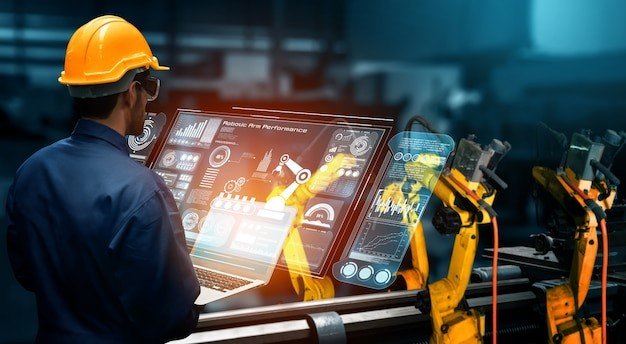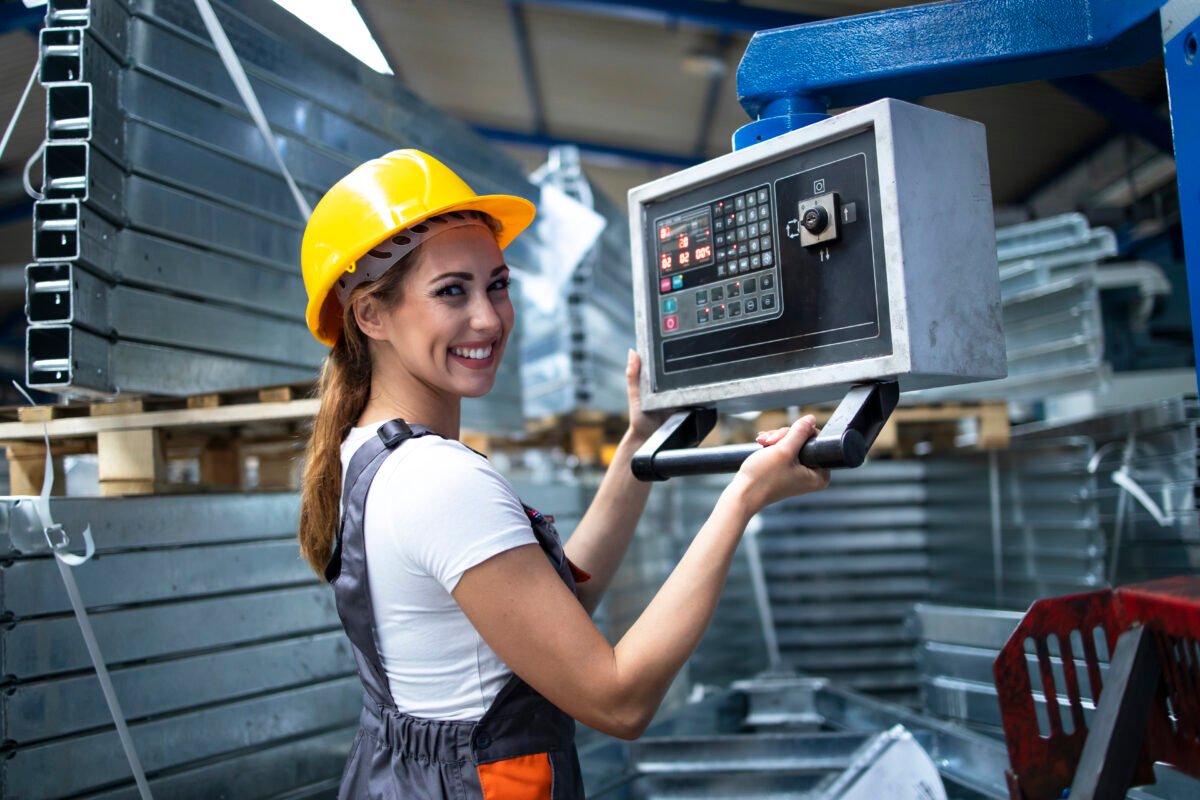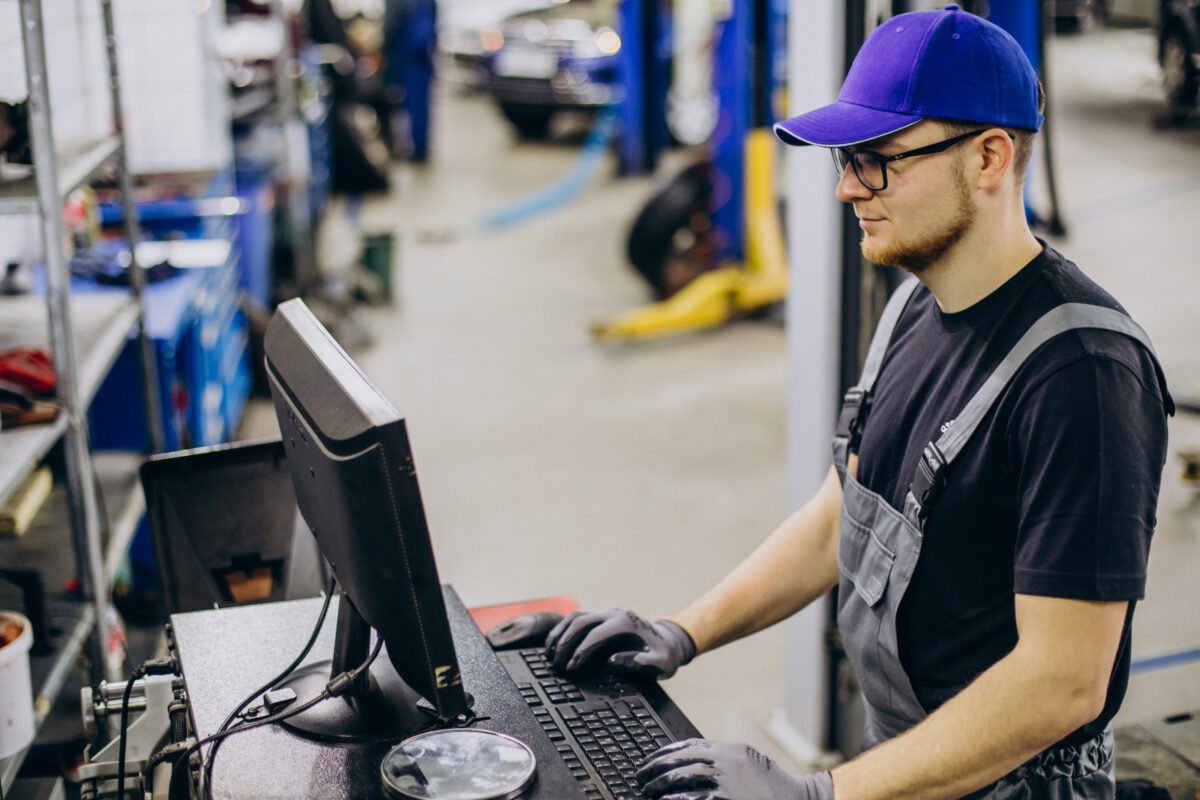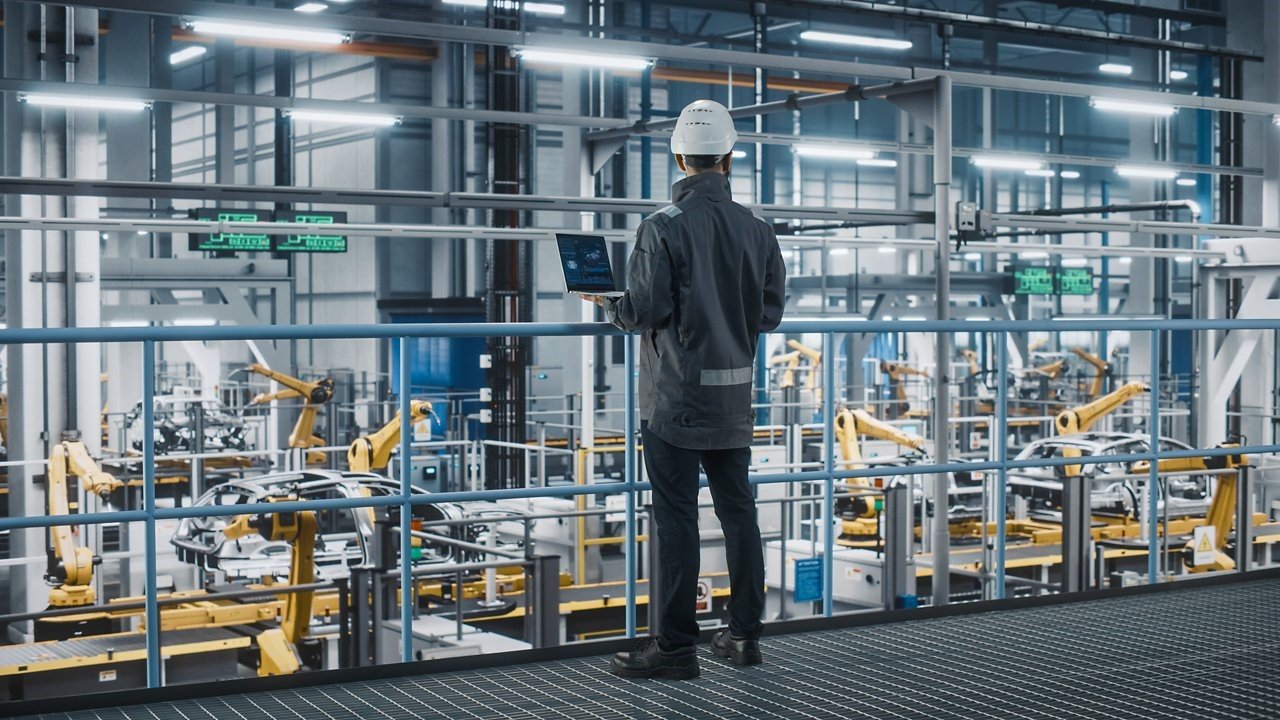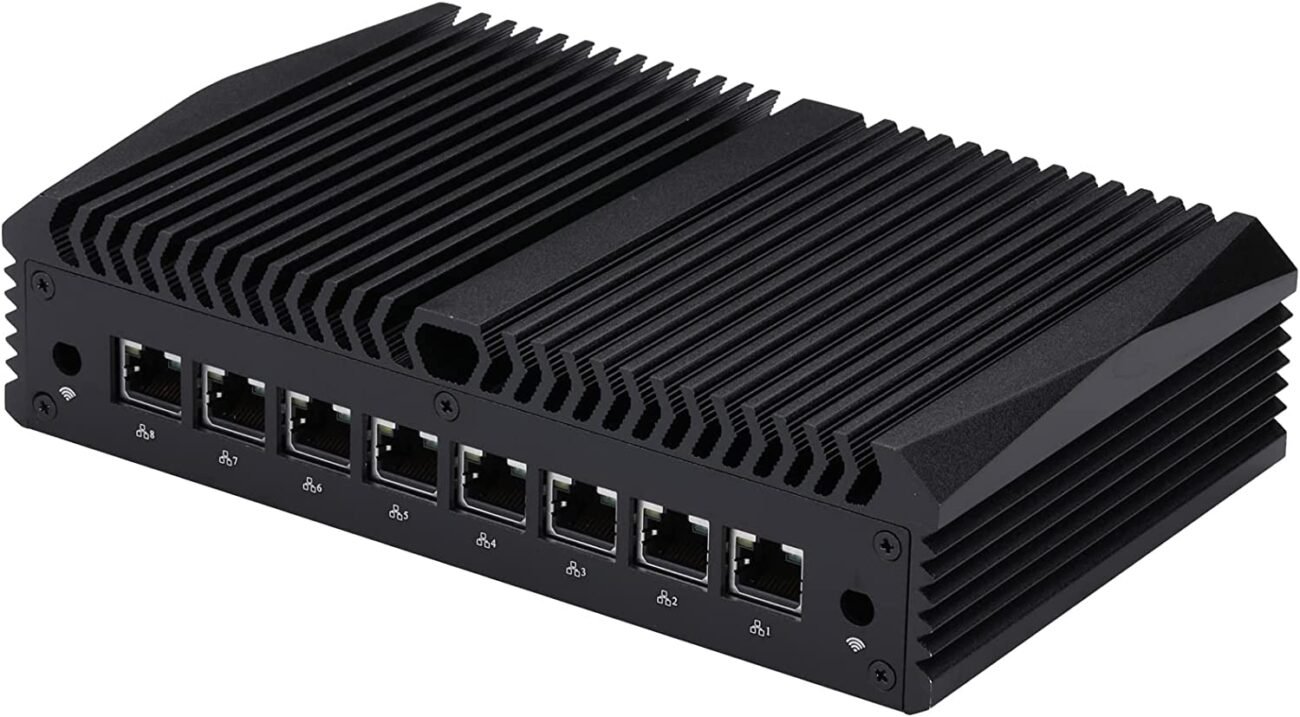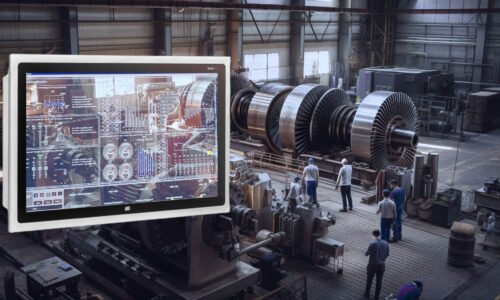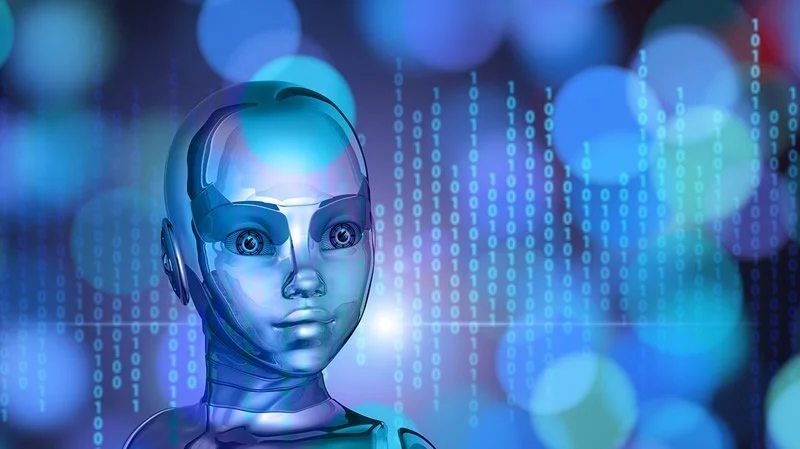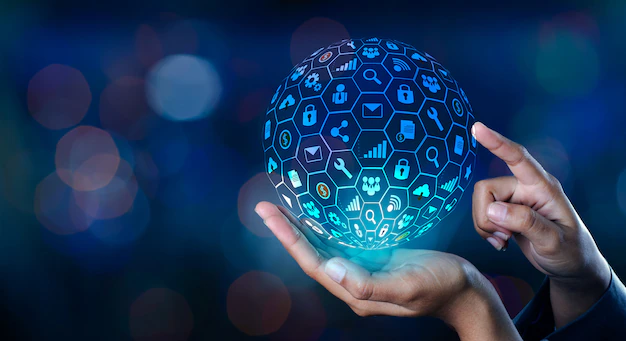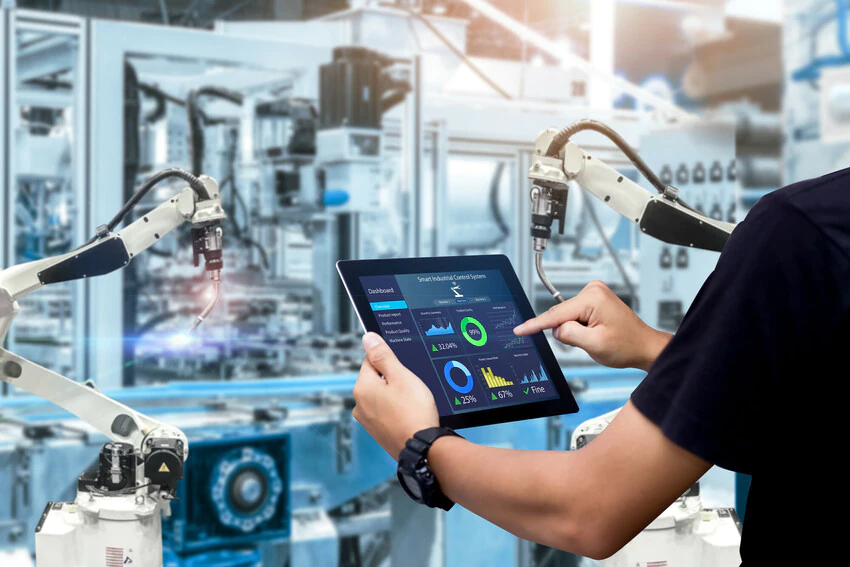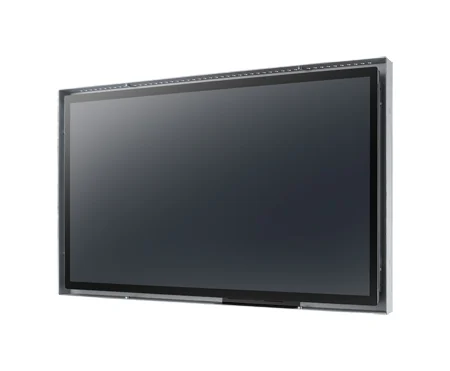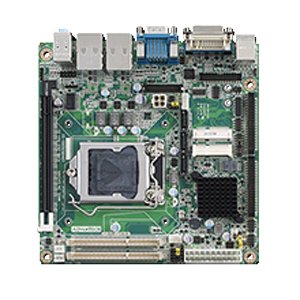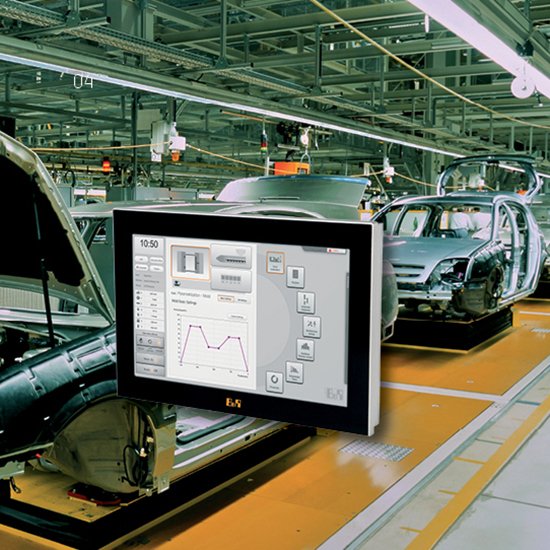In the ever-evolving landscape of technology and industry, the future of industrial computers promises exciting advancements that will revolutionize various sectors. These powerful computing systems have been a driving force behind increased productivity, automation, and data-driven decision-making. As we peer into the future, it becomes evident that industrial computers are set to play an even more pivotal role in shaping tomorrow’s industries.
1. Edge Computing: The Next Frontier
One of the most significant trends in the industrial computing realm is the rise of edge computing. This concept involves processing data closer to the source of generation, reducing latency, and enabling real-time decision-making. Industrial computers, equipped with advanced processing capabilities, will be the workhorses behind this transformative change.
With edge computing, industrial computers will facilitate faster responses in critical applications like autonomous manufacturing robots, predictive maintenance, and remote monitoring. This shift promises to enhance efficiency and safety across industries.
2. Artificial Intelligence and Machine Learning Integration
The integration of artificial intelligence (AI) and machine learning (ML) into industrial computers is another compelling development. These technologies will enable industrial computers to analyze vast amounts of data, making sense of complex patterns and predicting potential issues before they occur.
AI-powered industrial computers will enhance process optimization, quality control, and anomaly detection, all of which are invaluable in manufacturing, healthcare, logistics, and energy sectors.
3. Enhanced Connectivity and IoT Integration
The future of industrial computers is intricately tied to the Internet of Things (IoT). These computers will continue to act as the central hub for collecting, processing, and disseminating data from various IoT devices. This integration will provide a holistic view of operations, enabling smarter, data-driven decisions.
Industries such as agriculture, where precision farming relies on real-time data from sensors and drones, will greatly benefit from the capabilities of industrial computers in managing and interpreting the incoming information.
4. Rugged and Resilient Designs
In the coming years, we can expect industrial computers to become even more rugged and resilient. As they are deployed in harsh environments, such as manufacturing floors and oil rigs, their durability becomes paramount. These future systems will be designed to withstand extreme temperatures, shock, vibration, dust, and moisture.
Additionally, advances in fan-less cooling technology will reduce maintenance requirements and extend the lifespan of industrial computers. This ensures continuous and reliable operation even in the most demanding conditions.
5. Cybersecurity and Data Protection
With the growing reliance on industrial computers, ensuring the security of these systems is critical. The future of industrial computers will see robust cybersecurity measures in place to safeguard sensitive data and critical infrastructure.
Industrial computers will incorporate features such as hardware-based encryption, secure boot processes, and intrusion detection systems to mitigate cyber threats. Compliance with industry-specific regulations will also be a top priority.
6. Customization for Industry-Specific Applications
The versatility of industrial computers will be a key selling point in the future. These systems will be highly customizable, allowing businesses to tailor them to their specific needs. Whether it’s for healthcare, transportation, or aerospace, industrial computers will be adaptable to address the unique challenges of each industry.
Customization will include a variety of form factors, performance levels, and connectivity options to ensure seamless integration into existing infrastructure.
7. Environmental Responsibility
In a world increasingly focused on sustainability, industrial computers of the future will prioritize energy efficiency and eco-friendliness. These systems will be designed to consume less power while delivering high performance.
Furthermore, the materials used in their construction will be chosen with environmental impact in mind, supporting the drive for greener and more responsible technologies.
In conclusion, the future of industrial computers is poised for remarkable advancements that will drive efficiency, productivity, and innovation across industries. With edge computing, AI integration, enhanced connectivity, rugged designs, and a focus on security and customization, industrial computers will continue to be at the forefront of industrial transformation. This journey into the future holds the promise of smarter, more sustainable, and highly efficient industrial operations, benefiting businesses and society as a whole.

